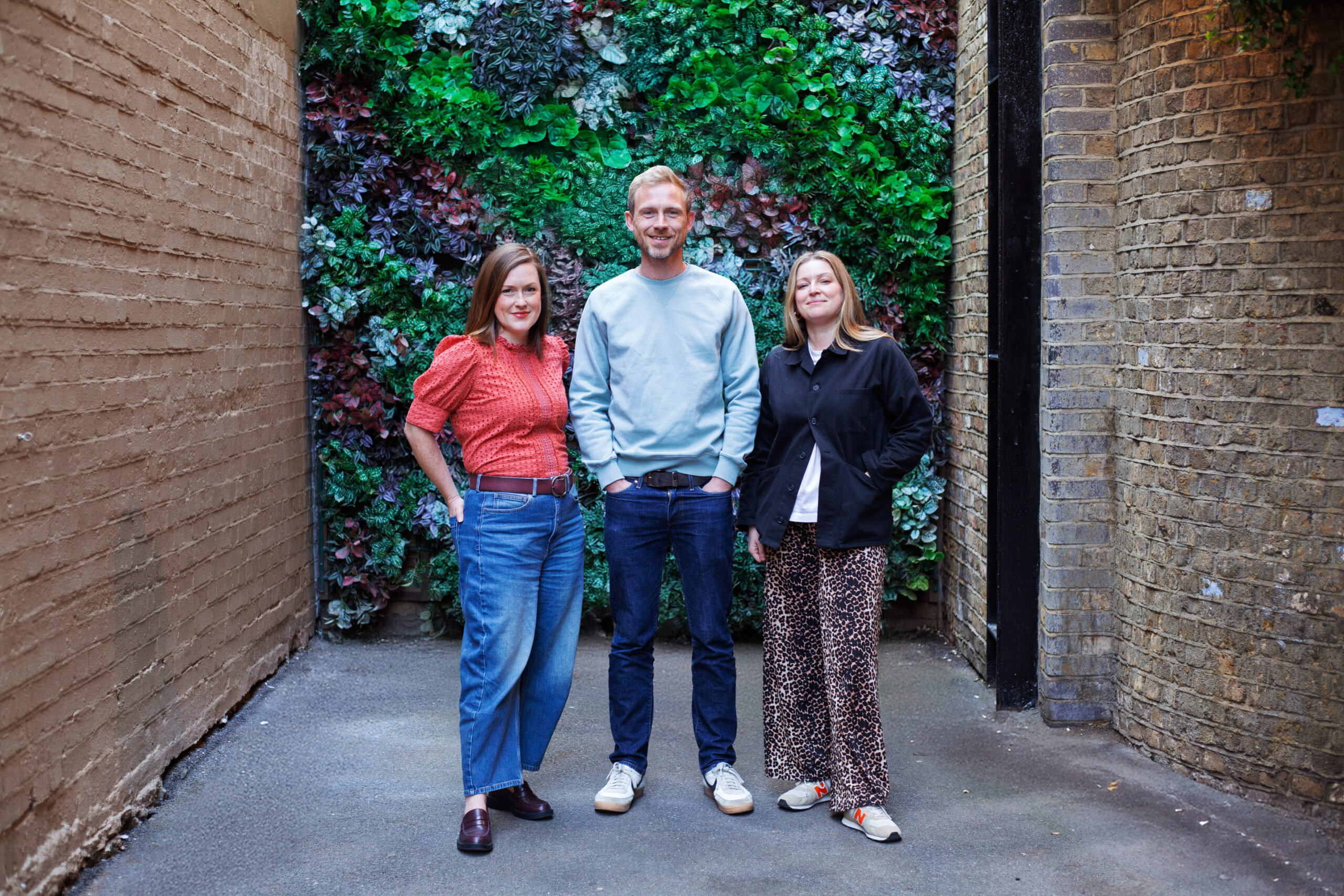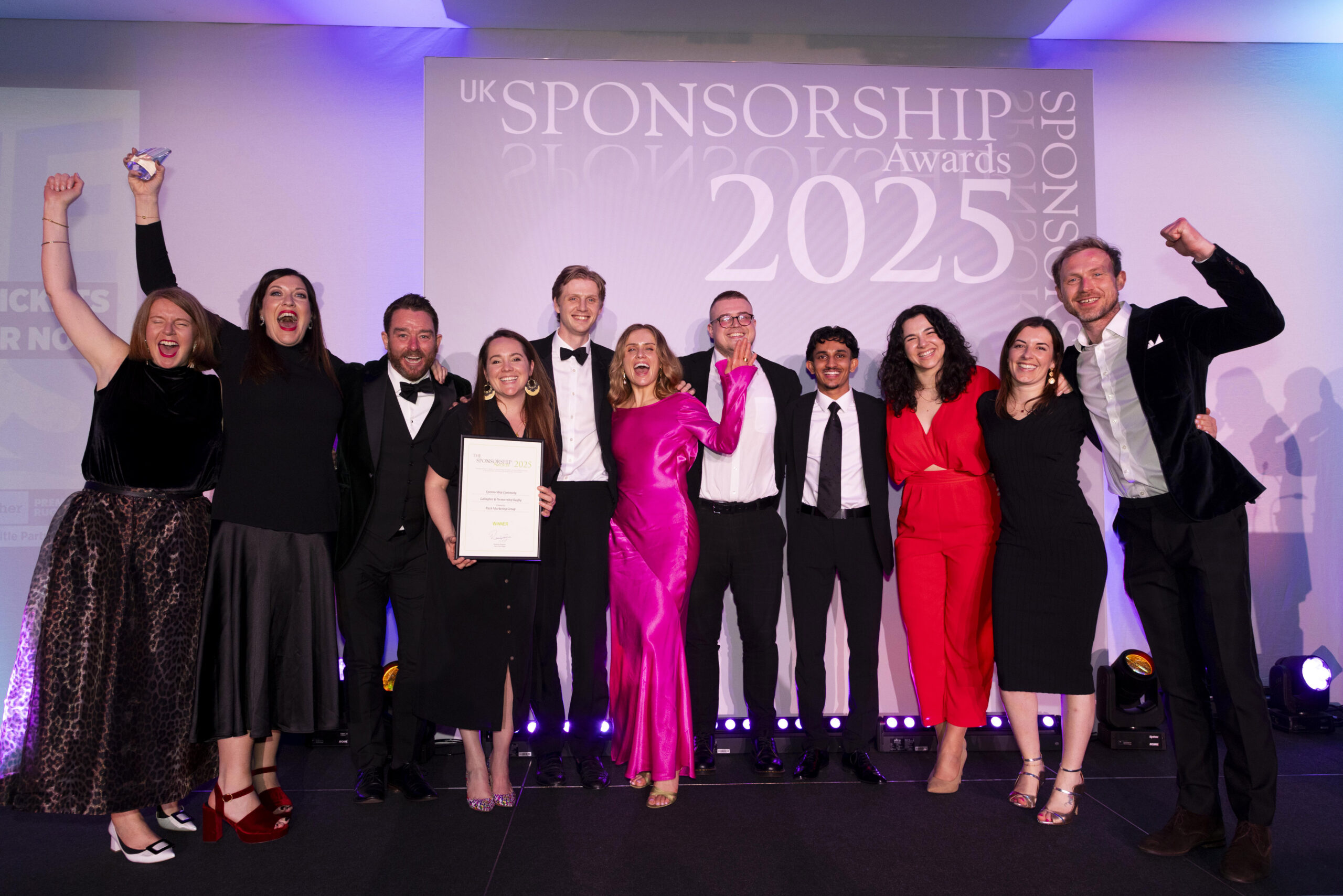It’s the year of the monkey in China. A symbol of cleverness, power and nobility. A year in which inventiveness and problem solving are rife and people who are seeking immediate success can hope to achieve it.
So it seems quite fitting that clubs in the Chinese Super League (CSL) have just spent a phenomenal £105million on overseas players, in an attempt to put China on the global football map.
Whether sheer coincidence, or a strategy that relies solely on mythology – the timing of this investment could be critical to the future of world football.
China’s dream is to become the biggest football super-power. They kick started their campaign by unveiling plans to build tens of thousands of football pitches across the country, encouraging more children to play the beautiful game. Fast forward 12 months and the focus is now on elite development.
Over the past three years, the league has seen an influx of South American flair, but the biggest statement came in the recent transfer window with acquisitions from Europe, including Ramiers (Chelsea – Jiangsu Suning FC), Gervinho (Roma – Hebei China Fortune FC) and Jackson Martinez (Atletico Madrid – Guagzhou Evergrande). So why exactly are these players opting for China, rather than more established and competitive leagues in Europe or the United States?
Similarly to the MLS ‘designated player’ rule, the CSL has adopted a foreign player policy – allowing each team to operate with four overseas players. However, the major draw for a player seeking the ultimate pay-day, is that – unlike the MLS – the CSL do not operate with a salary cap. This allows a club and its stakeholders to plough money into player wages and transfer fees.
It’s not just players that the league’s attracting. There has been a wealth of international managers descend on the league in recent years, including Marcello Lippi, Sven-Goran Eriksson and World Cup winner, Luiz Felipe Scolari. All have received eye-watering backing in their pursuit of success.
The mass of foreign imports has given sponsors the impetus to invest. In 2014, Pin An Insurance signed a four-year sponsorship deal with the league which saw the CSL re-branded to The Ping An Chinese Football Association Super League. The league has also signed partnership deals with the likes of Carlsberg, Samsung and JD Sport in recent years and is estimated to bring in commercial sponsorship revenue upwards of £30million per season.
There has also been substantial investment from Chinese broadcasters. In March, a five-year broadcast deal worth £860million will begin as part of revamped coverage of the league.
And, with big name players come big attendances. The season average for the CSL last year was just over 22,000 – slightly behind average attendances in France and Italy. If these attendances continue to grow at such a rapid rate, by the 2018 World Cup the CSL will be the third most-watched league in the world.
With the growing investment and popularity, it might not be long before we see China hosting a World Cup of its own. This has been the dream of China’s President and linchpin in their football revolution, Xi Jinping.
His desire and love for football were made clear before he took office in 2011: to qualify for the World Cup, to host the event and to one day win it.
Born in the year of the Snake, Xi Jinping signifies intelligence and intuition. He is a great thinker who is determined to accomplish his goals. As far stretched as his ideals may be – if the zodiac is to be believed, the Snake and his trusted friend the Monkey could be ready to throw football on its head.






